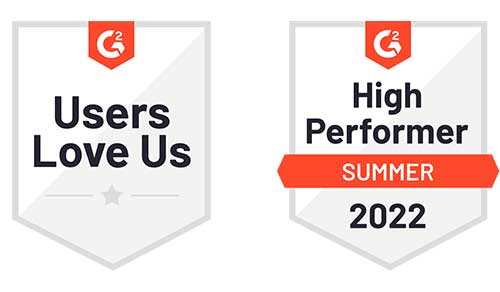Poor time tracking isn’t just an operational inefficiency—it’s a direct threat to your revenue.
The reality is that inconsistent tracking methods, administrative distractions, and outdated processes are letting valuable revenue slip through the cracks without you even noticing. Whether it’s time spent on unrecorded client calls, forgotten tasks, or the inefficiencies of manual systems, every untracked hour adds up. And it means you’re leaving money on the table.
It looks obvious when you write it down, but when time isn’t accurately tracked, client work goes unbilled. Maybe an employee forgot to log a quick task, or someone rounded down their hours because they didn’t have a clear system to record them. Whatever the reason, every missed hour represents lost revenue, and those hours add up quickly.
Think about it: if each team member loses just one billable hour a week, that’s dozens of hours per month that could have been invoiced but weren’t. Over a year, for an organization with multiple employees, this could mean tens or even hundreds of thousands of dollars slipping away. That’s money you’ve already earned but can’t collect because it wasn’t documented.
If you’re working in professional services, the reality is you are leaking revenue without even realizing it. And it’s not just us scaremongering…
Overall, the entire professional services industry is seeing $553bn worth of lost billable hours every year.
Beyond just losing revenue, poor time tracking creates a ripple effect on cash flow and financial planning. Without a clear picture of how many hours are billable, it’s harder to predict income, allocate resources, and make informed business decisions.








